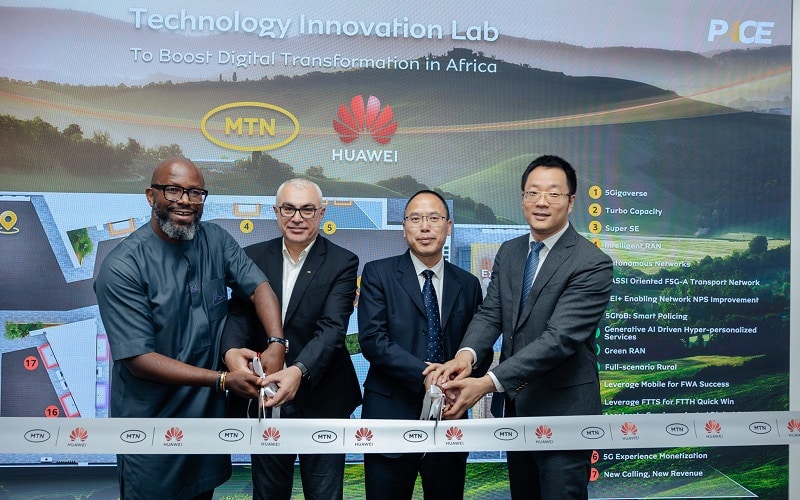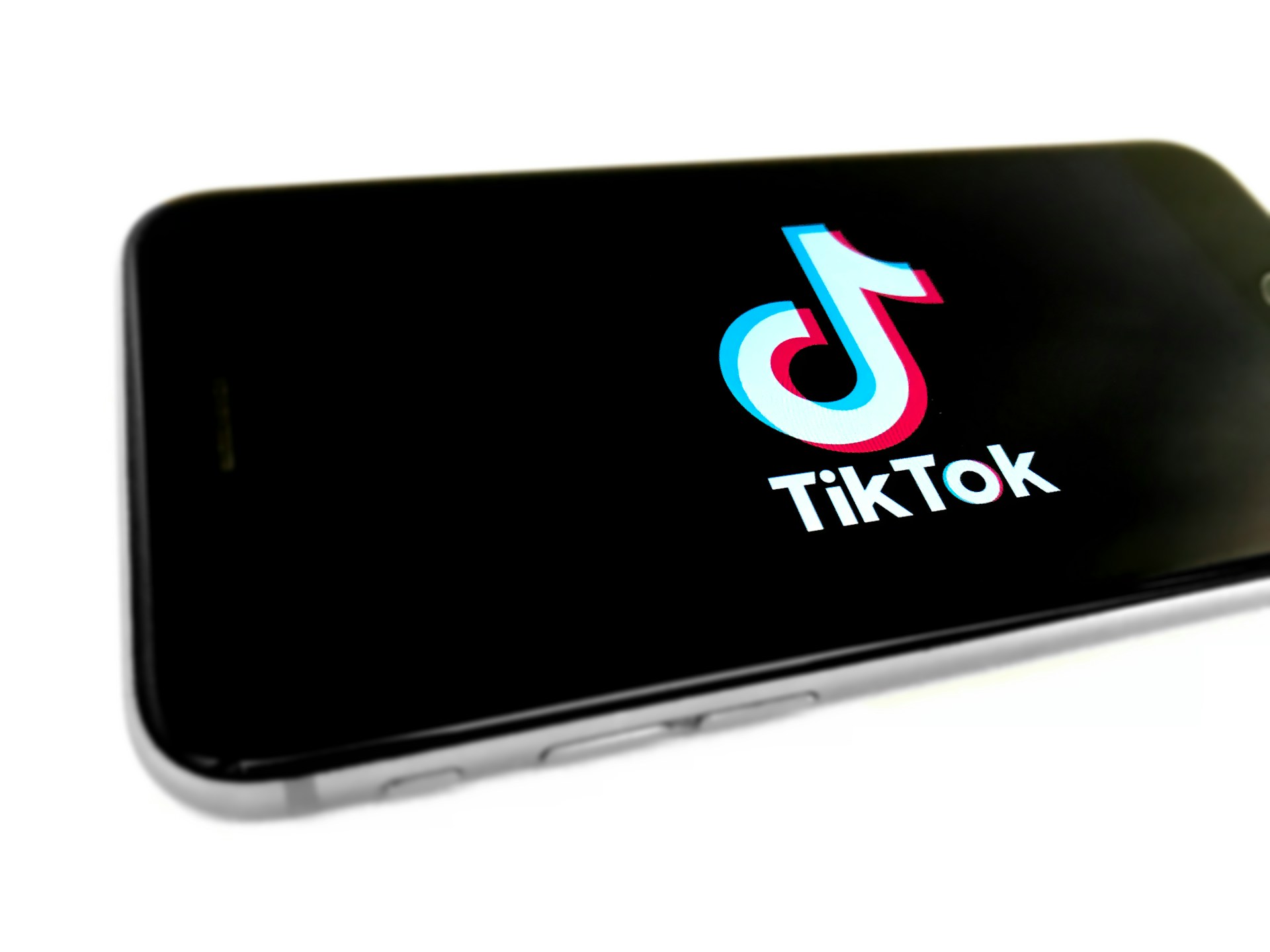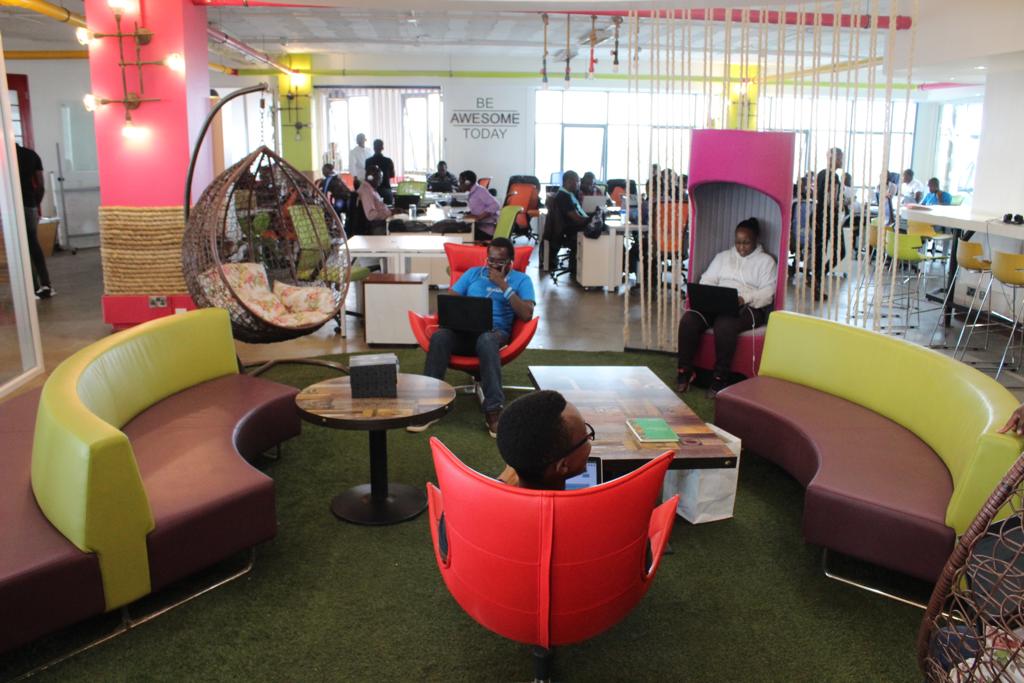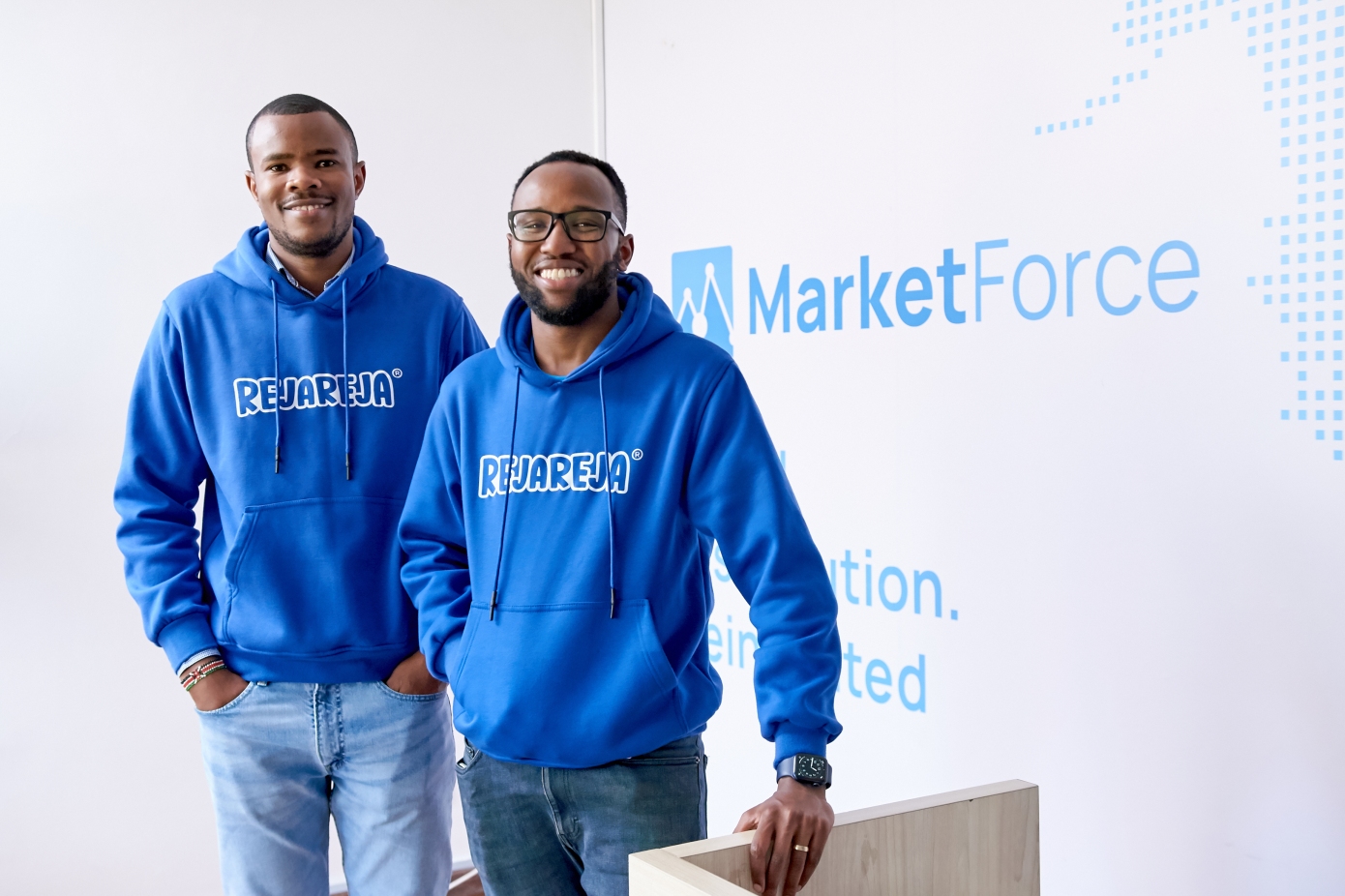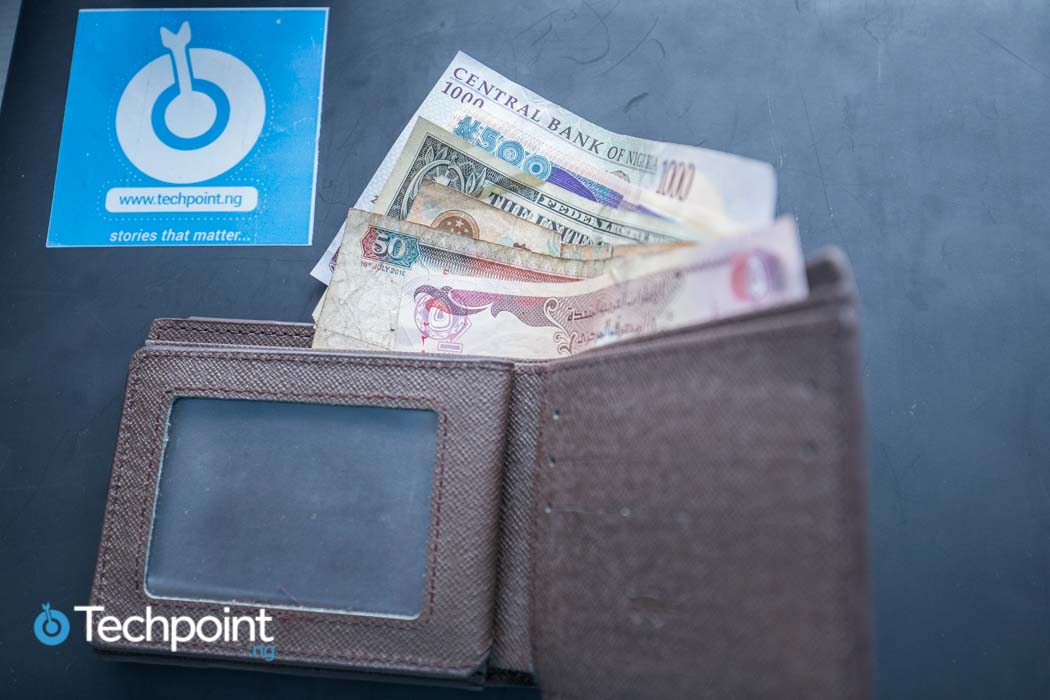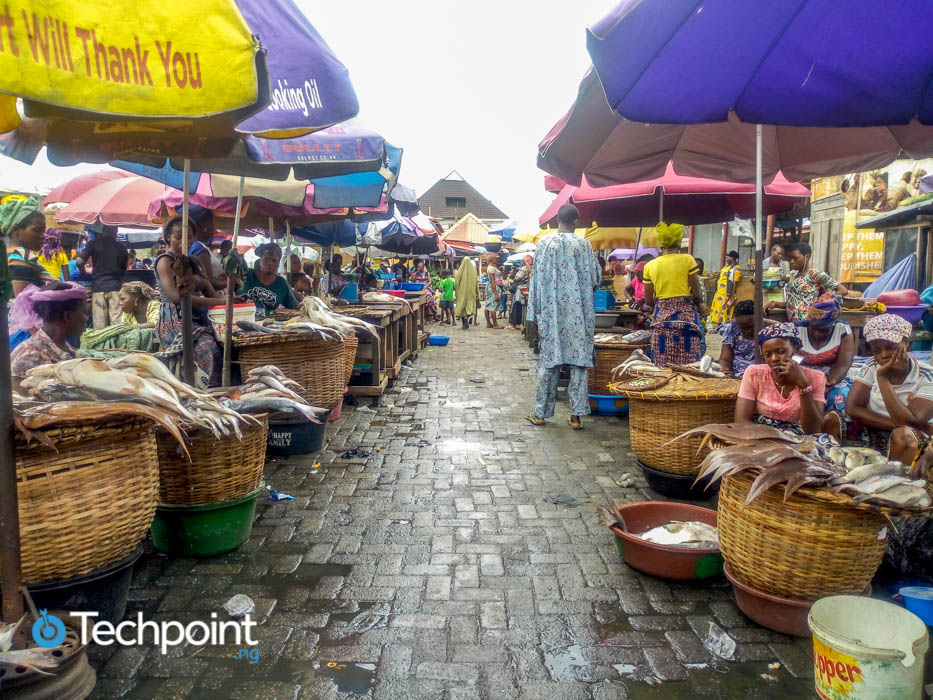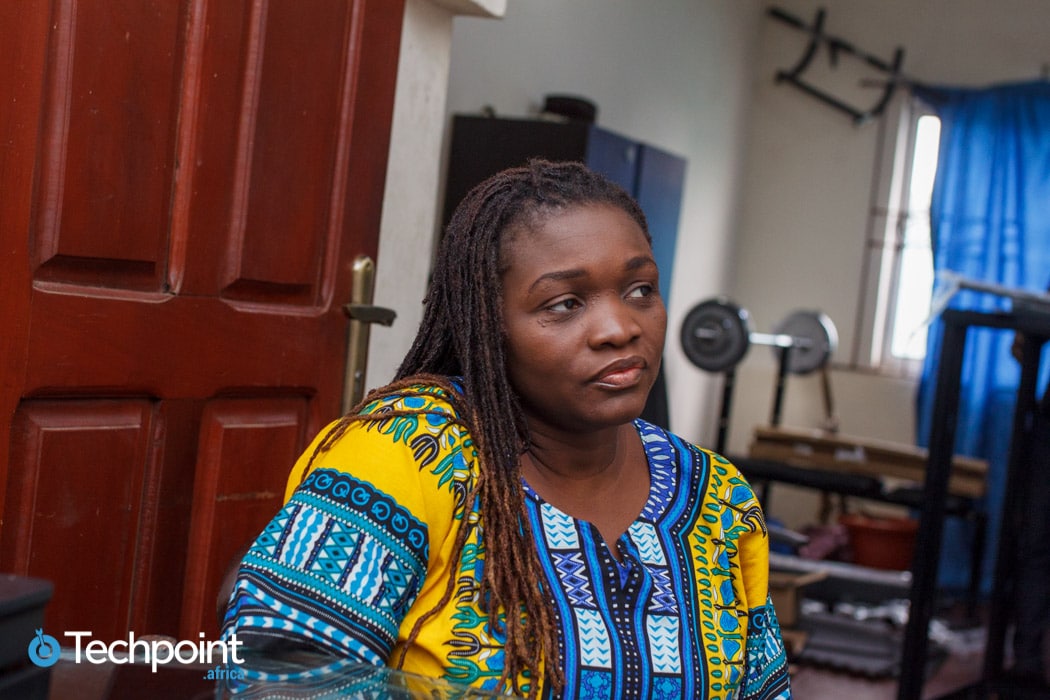Hello.
Today marks the 200th edition of Techpoint Digest, Techpoint Africa's week-daily newsletter. Thank you all for sticking around.
As you might have noticed, Techpoint Digest is a week-daily roundup of happenings within the African tech space.
However, starting from the 201st edition, Techpoint Digest will now hit your inbox three times a week.
You’ll be getting it on Mondays, Wednesdays, and Thursdays.
Before I end this, did you know? Techpoint Digest is a channel that can give your brand publicity. Send a mail to business@techpoint.africa.
You can follow @techpointdotng on Twitter or search for #TechpointDigest to find past editions.
What's more? We've launched our membership programme that offers several mouth-watering benefits. We can't wait to have you become part of the Techpoint family. Join us now
Today I’m discussing:

Be the smartest in the room
Give it a try, you can unsubscribe anytime. Privacy Policy.
- Bolt's electric vehicle option in South Africa
- aYo Holdings' plan to rely on data to fuel growth
- Facebook's new name
- Namibia's plan to reduce crime
Join Techpoint Africa's Early Access for interesting stories

Here's one to get you started: What is your first step in launching a new business concept?
For Affiong Williams, founder and CEO of ReelFruits, it was leaving her comfortable job in South Africa to start a dried fruits company in Nigeria, hawking prototype products around Lagos, and partially building the entire business model in the hope of winning a UN grant that never came.
Recently, her agritech startup raised a $3 million Series A to help accelerate global expansion.
Did you know? It took her five years to build her first factory and a total of nine years to complete the Series A round. But, how did someone who wanted to be a doctor end up as an entrepreneur?
Techpoint Africa's Chief Servant, Múyìwá Mátùlúkò, caught up with Affiong at the ReelFruit HQ in Lagos, Nigeria to chat about this and more.
Affiong shares her motivations, inspirations, ambitions, entrepreneurial lessons, and tips on achieving work-life balance while running a global company in this inspiring interview.
The full interview will go live on Tuesday, November 2, 2021, at noon.
Can’t wait? Watch it today on Early Access by joining our membership programme. Join now.
Already a member? Log in.
Waiting until Tuesday? Sign up to be notified. Join the email list.
Bolt plans to launch electric vehicle option in South Africa
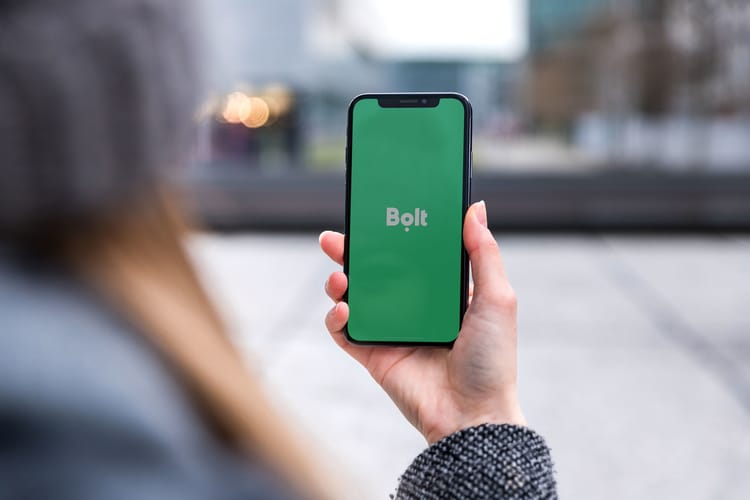
What's new? Estonian on-demand transportation company, Bolt, plans to launch electric taxi services in South Africa four months after introducing e-bike food delivery services in the country.
Bolt's plan comes on the heels of launching a "green category," which allows riders to hail an electric or hybrid vehicle.
How would this be done? Per TechCrunch, Bolt plans to partner with banks in its African markets to assist its drivers in obtaining credit for buying electric vehicles and is exploring alternatives to its current scheme with leasing companies.
The company, which has operations in 45 countries – including seven in Africa – was launched in 2013 by Markus Villig, Bolt CEO.
What does Bolt do? The company offers a variety of services such as ride-hailing, car, scooter, and bike rentals, food delivery, and, most recently, grocery delivery, branding itself as a transport and deliveries company.
Besides, Bolt recently launched its food delivery service in Nigeria, and it has expanded its reach in South Africa to Johannesburg after moving to Cape Town in 2020.
Is this familiar? Yes. The company provides a green card option in Kenya and also operates e-bike food delivery.
The company also plans to introduce food delivery e-mobility options in other East African markets, including Uganda and Tanzania.
aYo to modify business model to fuel growth
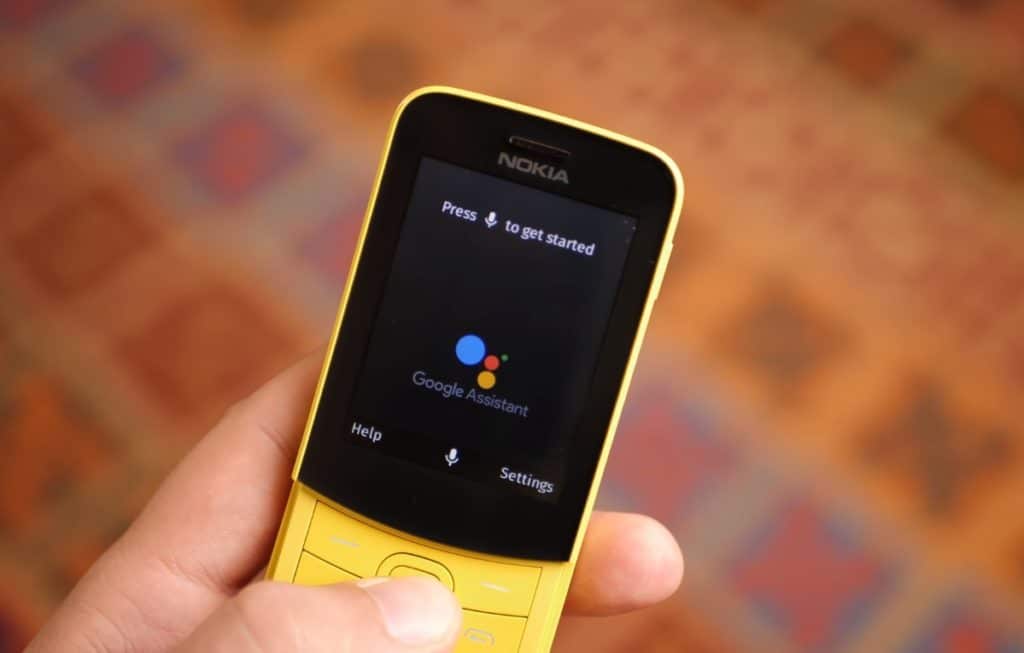
aYo Holdings, a micro-insurance joint venture between MTN and Momentum Metropolitan Holdings (MMH), announced yesterday, Thursday, October 28th, 2021, that it will be transforming its technology backend and data management approach.
What does this mean? This means aYo will be modifying its business model.
Why? The company plans to drive greater scale, better customer experience, and faster access to markets across the African continent in the coming years.
Why should you care? Launched in 2017, aYo offers hospital and life cover in Zambia, Uganda, Ghana, and Côte d’Ivoire. Also, the company says it currently has more than 15 million customers.
Marius Botha, aYo Holdings CEO, said the company's vision is to become Africa's largest financial services technology platform by enabling the distribution of a diverse range of affordable and accessible microfinance products.
aYo and its shareholder, MTN, as of the time of writing, are currently finalising the details of a partnership with a new insurance group to gain access to more underwriter licenses and expand its product range and market penetration.
As part of this technological evolution, aYo has shifted to a cloud data warehousing approach, employing Snowflake as a solution to deal with growing volumes of customer data.
Botha said, “Data is a key asset that we want to grow and leverage, as it will allow us to drive better outcomes and value for our customers.”
aYo believes that experimenting with cutting-edge technologies will help them achieve their goal of providing disenfranchised Africans with access to financial services and bringing them into the economic mainstream.
Facebook changes its name to Meta

What happened? Yesterday, Thursday, October 28, 2021, Mark Zuckerberg, Facebook CEO, announced at the company's Connect event that its new name will be Meta.
Why? Per The Verge, the rebranding is part of the company's efforts to shift its focus away from being known solely as a social media company and toward Zuckerberg's plans for building the metaverse.
In a blog post, Zuckerberg said its corporate structure would not change, but it would affect how financials are reported.
Namibian government to reduce crime through SIM card registration

On Tuesday, October 26, 2021, the Namibian government announced that its plan to encourage citizens to register their identities when purchasing SIM cards is to aid the tracking down of criminals who use technology to commit crimes, among other things.
In March 2021, the government approved new regulations requiring all mobile phone subscribers to register their SIM cards before accessing network services.
Is this common? Yes. 50 countries in Africa have introduced mandatory SIM card registration laws.
But Mbeuta Ua-Ndjarakana, Executive Director of the Information Ministry, has not set a date for the regulations to take effect.
In a statement, Ua-Ndjarakana stated that the request for information from stored SIM cards would be made following the regulations, including an order issued by a judge or magistrate authorising the obtaining of that information from service providers.
Ua-Ndjarakana said that the SIM card registration process would be done to protect consumers' privacy. He also mentioned that once the Communication Regulatory Authority of Namibia (CRAN) completes the consultation process and implementation modalities with operators, he will issue a start date for SIM card registration in the country.
But does SIM card registration reduce crime in Africa? Per The Citizen, information gathered from SIM cards during the registration process is unreliable in combating cybercrime.
According to The Citizen, experts have warned of an increased risk of citizens being subjected to state surveillance due to this technology.
However, according to Isa Pantami, Nigeria's Minister of Communication and Digital Economy, incidents of terror like banditry and kidnapping have significantly decreased in the country due to the implementation of a policy requiring citizens to obtain a National Identification Number (NIN).
What's your take? Do you think SIM card registration combats crime or increases surveillance in Africa?
What I’m reading and watching
- Living Below Your Means: The First Step to Wealth. Read.
- Frientimacy: The 3 Requirements of All Healthy Friendships. Watch.
- There's no shame in taking care of your mental health. Watch.
Opportunities
- Product Manager at Indicina. Apply here.
- Okra Solar is offering a Super Power Grant. Apply here.
- Call for climate-focused startups: Africa ClimAccelerator Applications open. Apply here.
- Here’s the latest issue of the remote jobs newsletter. Check it out here.
Have an amazing weekend ahead.
Victoria Fakiya for Techpoint Africa.



